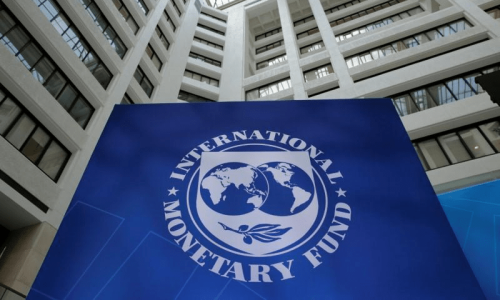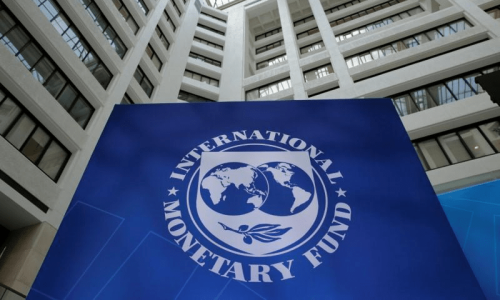THE IMF’s staff report on its new, short-term bailout loan of $3bn for Pakistan is a damning indictment of the Shehbaz Sharif government’s economic and financial policies that deepened the trust gap between Islamabad and the lender, and pushed the country towards the precipice in the last nine months.
Policy missteps and breach of the previous Extended Fund Facility programme had compelled the lender to halt the disbursement of funds, closing the door on other multilateral and bilateral financing.
The IMF document, released on Tuesday, also spells out the programme’s goals, many of which, such as increased energy prices, will directly burden the people. It blames the finance ministry and State Bank for their frequent tinkering with the market-based exchange rate mechanism, leading to the growth of a large foreign exchange black market. It is also critical of the central bank for resisting a timely increase in interest rates.
That is not all. The report points out that the government balked at maintaining fiscal discipline, cutting non-essential spending, broadening the tax net, controlling the drivers of the power sector’s circular debt, and improving SOE governance.
In view of its experience with Pakistani authorities, the IMF has warned that continuation of the new programme will depend on the implementation of fiscal discipline, a return to a market-determined exchange rate and proper functioning of the foreign exchange market, a tight monetary policy aimed at disinflation, and progress on structural reforms, particularly with regard to the energy sector, SOEs and climate resilience.
The report also cautions against the “exceptionally high” downside risks to the Stand-by Arrangement goals emanating from a tense political environment and potential deviation from agreed policies. Such risks could undermine the programme’s implementation, and jeopardise macro-financial and external stability and debt sustainability, leading Pakistan to seek foreign debt restructuring.
Additionally, it says that external financing risks remain high, and delays in disbursement of external financing from IFIs and bilateral creditors would endanger the fragile external balance given limited buffers. Spillovers from Russia’s invasion of Ukraine through high food and fuel prices, and tighter global financial conditions continue to put pressure on the budget.
Highlighting Pakistan’s large gross financing needs of $28.3bn, including the $6.4bn current account deficit, during this fiscal year, it stresses that multilateral and bilateral support will remain critical for Pakistan beyond the upcoming elections and the SBA.
It is a foregone conclusion that the next government will need another, longer-term IMF programme to resolve structural challenges and meet high external debt obligations over the next few years. For that to happen, the country has to achieve the SBA goals, come what may.
Published in Dawn, July 20th, 2023













































Dear visitor, the comments section is undergoing an overhaul and will return soon.